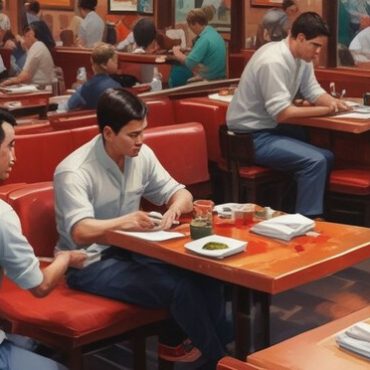Consumer Attitude Essay

What is Consumer Attitude?
Consumer attitude is an expression of what a consumer likes or dislikes and reflects whether they will act favorably or unfavorably to some object. consumer attitude is the basis for developing new products, repositioning existing products, creating advertisements, predicting brand preference and the general purchase behavior. The key point in a successful marketing program is understanding how consumer attitudes will affect their purchase behavior. Different markets have different attitudes when it comes to the object in question, the intensity and degree might also vary depending on any factors affecting the situations at a given time. Writers who offer psychology assignment help at Edudorm essay writing service notes that attitude can be affective- that is the emotions or feeling, cognitive- that is the beliefs or behavioral. The attitude towards the product, company, retailer, product attributes, brand associations, and advertisements are key in the purchase behavior of any given consumer. The key thing in understanding consumer attitudes is how it can affect a market thus a very important thing in every market.
Consumer Behavior Theory and Consumer Attitude
Consumer behavior theory focuses on the process of how individuals selects, secure, use and dispose products, services, experiences and ideas to satisfy their needs and the impact that these processes will have on the consumer, society and market (Hawknis, Del I., David L., & Amit M. 2011.). All marketing decisions and regulations are majorly based on the knowledge about the consumer behavior, that includes, the development of new products, advertisements strategies, and distribution. Consumer behavior is based on the following stages: the recognition, analysis of information, evaluation of possible solutions, the choice and ultimately the results. Experts who offer psychology essay help at Edudorm essay writing service indicates that majorly consumer motivation is based on their ability to fulfill their different needs, but these needs differ, that’s why Maslow came up with the hierarchy theory that said that humans will first fulfill their physiological needs, then security needs followed by affective or social needs, then esteem needs and ultimately needs of actuality and satisfaction.
Economic Theory and Consumer Attitude
One theory that fully explains the consumer attitude is the economic theory. The theory tries to explain how a consumer gets an income and how this finally affects his purchasing behavior. Consumer spending according to the economic theory is affected by the following determinants. One, the absolute income hypothesis: according to this a consumer determines what ratio of his current income will be devoted to consumption on the basis of the total income in question. Secondly, the relative income hypothesis: in this the assumption is that a person’s spending is relative to one’s relative position in the income distribution of others in approximately similar income bracket. Authors who offer social science essay help at Edudorm essay writing service points that this means that a person’s consumption is not only determined by his income but also the need to emulate the neighbors, and also the need for better living. Finally, permanent income hypothesis which holds that permanent income and permanent consumption is related, that is if permanent income is affected the consumption will also be affected (Irina R. $Georgiana A. 2007).
Conclusion
The economic theory also can include several other concepts such as the utility theory and the psychological law of consumption. The marginal utility concept states that at relative prices the consumer will continue to buy goods or services that will give him the maximum satisfaction. A consumer will always want to satisfy his needs according to the weight of urgency according to the individual (Huang and Jan 2013). There when it comes to the consumer behavior, the economic theory plays a mega role in creating a marketing strategy.
References
Hawknis, Del I., David L., and Amit M. 2011. Consumer behavior: building marketing strategy. New Delhi: Tata McGraw Hill.
Irina R. $Georgiana A. 2007. CONCEPTS AND THEORIES REGARDING THE BEHAVIOR OF THE CONSUMER OF PRODUCTS AND SERVICES. New York: MPRA.
Huang, Tingliang, and Jan A. Van Mieghem. 2013. “The Promise of Strategic Customer Behavior: On the Value of Click Tracking.” Production & Operations Management 22, no. 3: 489-502. Business Source Complete, EBSCOhost (accessed May 18, 2016).


